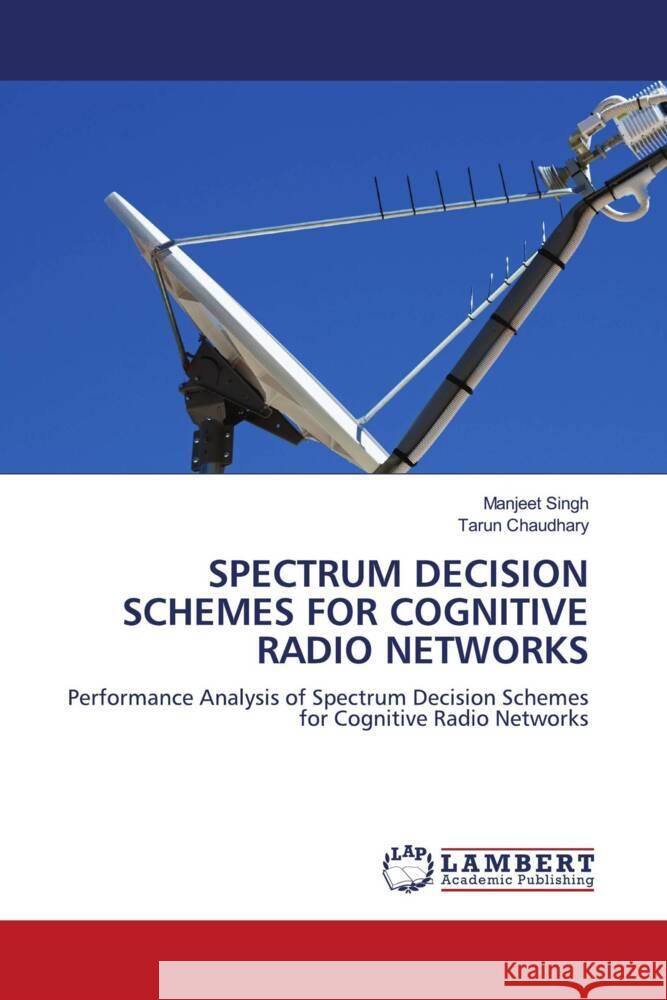SPECTRUM DECISION SCHEMES FOR COGNITIVE RADIO NETWORKS » książka
SPECTRUM DECISION SCHEMES FOR COGNITIVE RADIO NETWORKS
ISBN-13: 9786206145349 / Angielski / Miękka / 68 str.
The main objective of this book is to analyze the performance of spectrum decision schemes. In this book probability-based spectrum decision and sensing based spectrum decision schemes are compared in term of the overall system time spent by secondary user in the system. The preemptive resume priority (PRP) M/G/1 queuing model is implemented in both approaches for balancing the incoming traffic in the spectrum. Each channel in the spectrum maintains two queues one for primary user and other for low priority secondary user. The optimal number of candidate channels are calculated from the long-term observation according to the time taken by CR to find out the idle channel. The effects of sensing errors like false alarm and missed detection on overall system time also considered. This analysis shows that the effect of missed detection is more severe than the false alarm, because due to missed detection the primary user has to resend its data and it will take more time.











